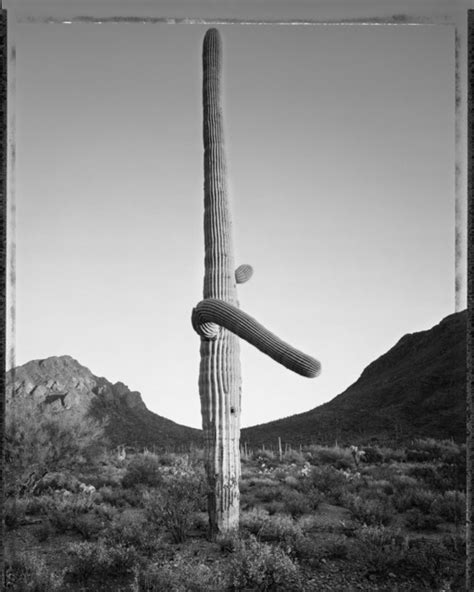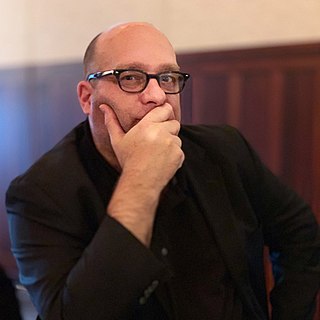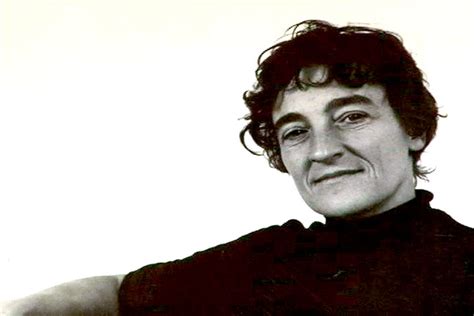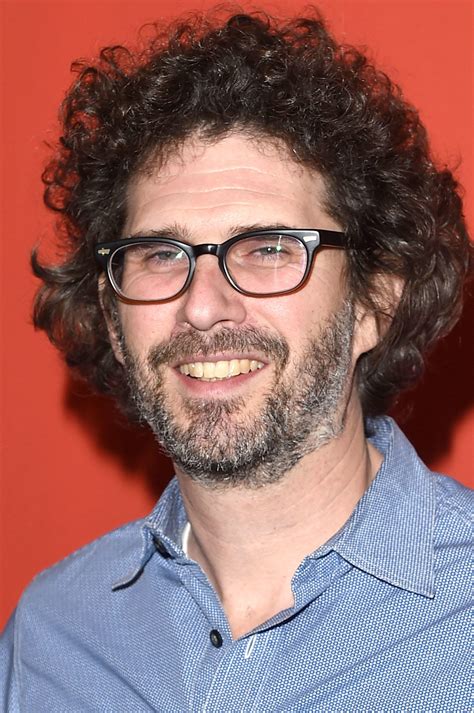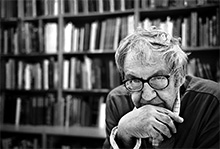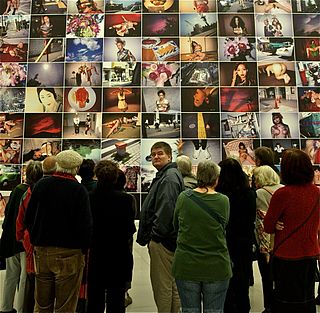A Quote by Mark Klett
I am not much interested in discovering new territories to photograph. Instead, what I wish my pictures could do is lessen the distance one often feels when looking at landscape photographs... The longer I work, the more important it is to me to make photographs that tell my story as a participant, and not just an observer of the land.
Related Quotes
Saudi Arabia is so conservative. At first there were photographs of women I took that I couldn't publish - of women without their abayas. So I started writing out little anecdotes about things I couldn't photograph and wove it in with a more obscure picture and called it "moments that got away". I realised these worked as well as the photographs by themselves. There are a lot of photographers who feel the story is all in the photographs but I really believe in weaving in complementary words with the pictures.
The photographs of space taken by our astronauts have been published all over the place. But the eye is a much more dynamic mechanism than any camera or pictures. It's a more exciting view in person than looking at the photographs. Of course, I personally am sick and tired of hearing people talk like that: I want to see it myself!
To me it is no mystery that we can only photograph effectively what we are truly interested in or-maybe more importantly-are grappling with. Often unconsciously. Otherwise the photographs are merely about an idea or a concept-that stuff eventually falls flat for me-there must be something more, some emotional hook for it to really work for me.
Given the lack of public skills in reading photographs, given that photographic content is sometimes buried in beauty, contemporary landscape photographers are often condemned to making pretty pictures. Dramatic clouds and sifting light can overwhelm more mundane information. Yet who can resist beautiful landscape pictures of one kind or another? Not I.
Once a photographer is convinced that the camera can lie and that, strictly speaking, the vast majority of photographs are camera lies, inasmuch as they tell only part of a story or tell it in distorted form, half the battle is won. Once he has conceded that photography is not a naturalistic medium of rendition and that striving for naturalism in a photograph is futile, he can turn his attention to using a camera to make more effective pictures.
The reason I do photographs is to help people understand my music, so it's very important that I am the same, emotionally, in the photographs as in the music. Most people's eyes are much better developed than their ears. If they see a certain emotion in the photograph, then they'll understand the music.
I think I’ve said this before many times—that photography allows you to learn to look and see. You begin to see things you had never paid any attention to. And as you photograph, one of the benefits is that the world becomes a much richer, juicier, visual place. Sometimes it is almost unbearable — it is too interesting. And it isn’t always just the photos you take that matters. It is looking at the world and seeing things that you never photograph that could be photographs if you had the energy to keep taking pictures every second of your life.
But there is more to a fine photograph than information. We are also seeking to present an image that arouses the curiosity of the viewer or that, best of all, provokes the viewer to think-to ask a question or simply to gaze in thoughtful wonder. We know that photographs inform people. We also know that photographs move people. The photograph that does both is the one we want to see and make. It is the kind of picture that makes you want to pick up your own camera again and go to work.
We regard the photograph, the picture on our wall, as the object itself (the man, landscape, and so on) depicted there. This need not have been so. We could easily imagine people who did not have this relation to such pictures. Who, for example, would be repelled by photographs, because a face without color and even perhaps a face in reduced proportions struck them as inhuman.
Photographs are diary entries That's all they can be. Photographs are just documentations of a day's event. At the same time, they drag the past into the present and also continue into the future. A day's occurrence evokes both the past and the future. That's why I want to clearly date my pictures. It's actually frustrating, that's why I now photograph the future
A good print is really essential. I want to take strong documentary photographs that are as good technically as any of the best technical photographs, and as creative as any of the best fine-art photographs. [...] I don't want to just be a photo essayist; I'm more interested in single images...ones that I feel are good enough to stand on their own.
A photograph is both a pseudo-presence and a token of absence. Like a wood fire in a room, photographs-especially those of people, of distant landscapes and faraway cities, of the vanished past-are incitements to reverie. The sense of the unattainable that can be evoked by photographs feeds directly into the erotic
feelings of those for whom desirability is enhanced by distance.
I think you reveal yourself by what you choose to photograph, but I prefer photographs that tell more about the subject. There's nothing much interesting to tell about me; what's interesting is the person I'm photographing, and that's what I try to show. [...] I think each photographer has a point of view and a way of looking at the world... that has to do with your subject matter and how you choose to present it. What's interesting is letting people tell you about themselves in the picture.
